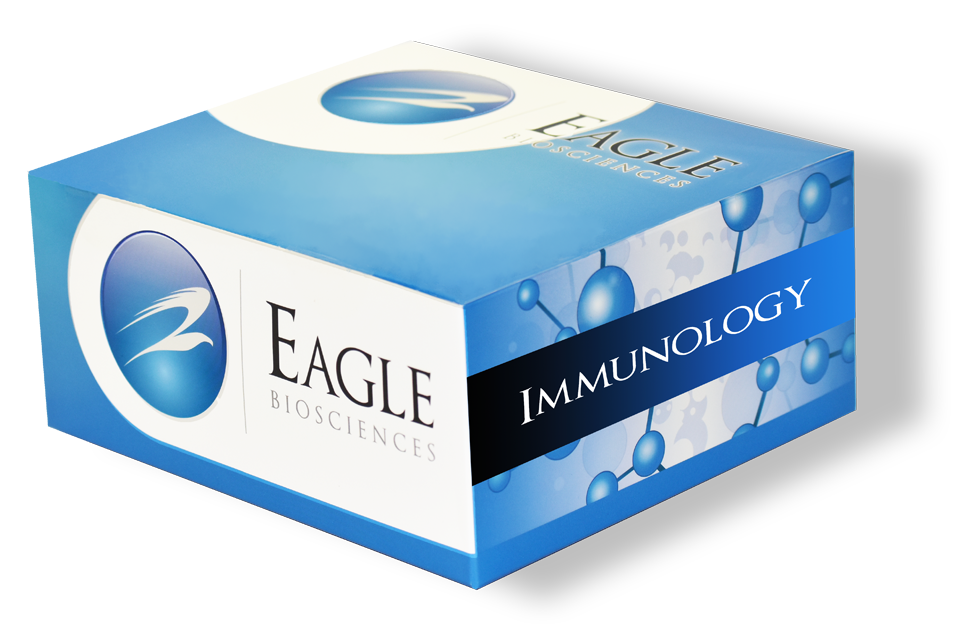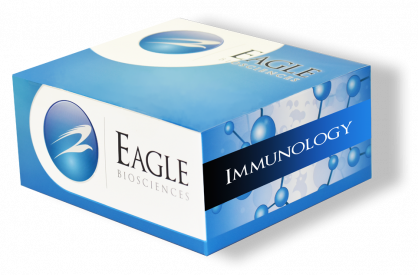C1s/C1-INH Complex ELISA Assay Kit
The C1s/C1-INH Complex ELISA Assay Kit is For Research Use Only
Sizes: 1 x 96 wells
Sensitivity: 1.56 ng/mL
Dynamic Range: 1.56 – 100 ng/mL
Sample Size: 100 uL
Incubation Time: 1 hour 45 minutes
Sample Type: Serum and Plasma
Controls Not Included
Assay Background
“The complement system is a proteolysis-based activation cascade which belongs to the innate
immune response and acts as a first line defense against infections. It is involved in
opsonization, promotes inflammation and enhances the adaptive immune response.
The complement system can be activated through three distinct pathways, the classical (CP),
the lectin (LP) and the alternative pathway (AP). Activation of all three pathways leads to the
formation of a C3 and a C5 convertase, ultimately resulting in the formation of the membrane
attack complex (MAC complex) and cell lysis.
The classical pathway is activated by binding of C1q, as part of the C1 complex, to circulating
antibody-antigen complexes. Besides that, C1q can also bind to acute phase proteins (such
as Pentraxin 3 or C-reactive protein) or apoptotic cells.
Upon binding of C1q to an activating surface, structural changes occur in the C1 complex,
leading to auto-activation of the associated serine protease C1r and subsequent activation of
C1s. Activation of the serine proteases allows cleavage of C4 and C2, which then form the C3
convertase, followed by downstream complement activation until the MAC complex is formed.
C1 inhibitor (C1-INH) is the only known naturally occurring protein to regulate this process. C1-
INH can bind to activated C1r and C1s via the formation of covalent complexes, inhibiting
further activation of the classical pathway. Upon binding of C1INH, the C1 complex detaches
and releases free C1q as well as C1r/C1-INH and C1s/C1-INH complexes into the circulation.
Diseases like Hereditary Angioedema (HAE), Systemic lupus erythematosus (SLE),
glomerulonephritis, and rheumatoid arthritis (RA) show altered levels when compared to
healthy controls.
Concentrations of the complex increases overtime why the classical pathway is activated,
hence the complex can be used as an indirect marker for ongoing classical pathway activation..”
Related Products
Rat Classical Complement Pathway ELISA Assay Kit
Mouse Classical Complement Pathway ELISA Assay Kit
Pig Lectin Complement Pathway ELISA Assay Kit
Pig Alternative Complement Pathway ELISA Assay KitC


